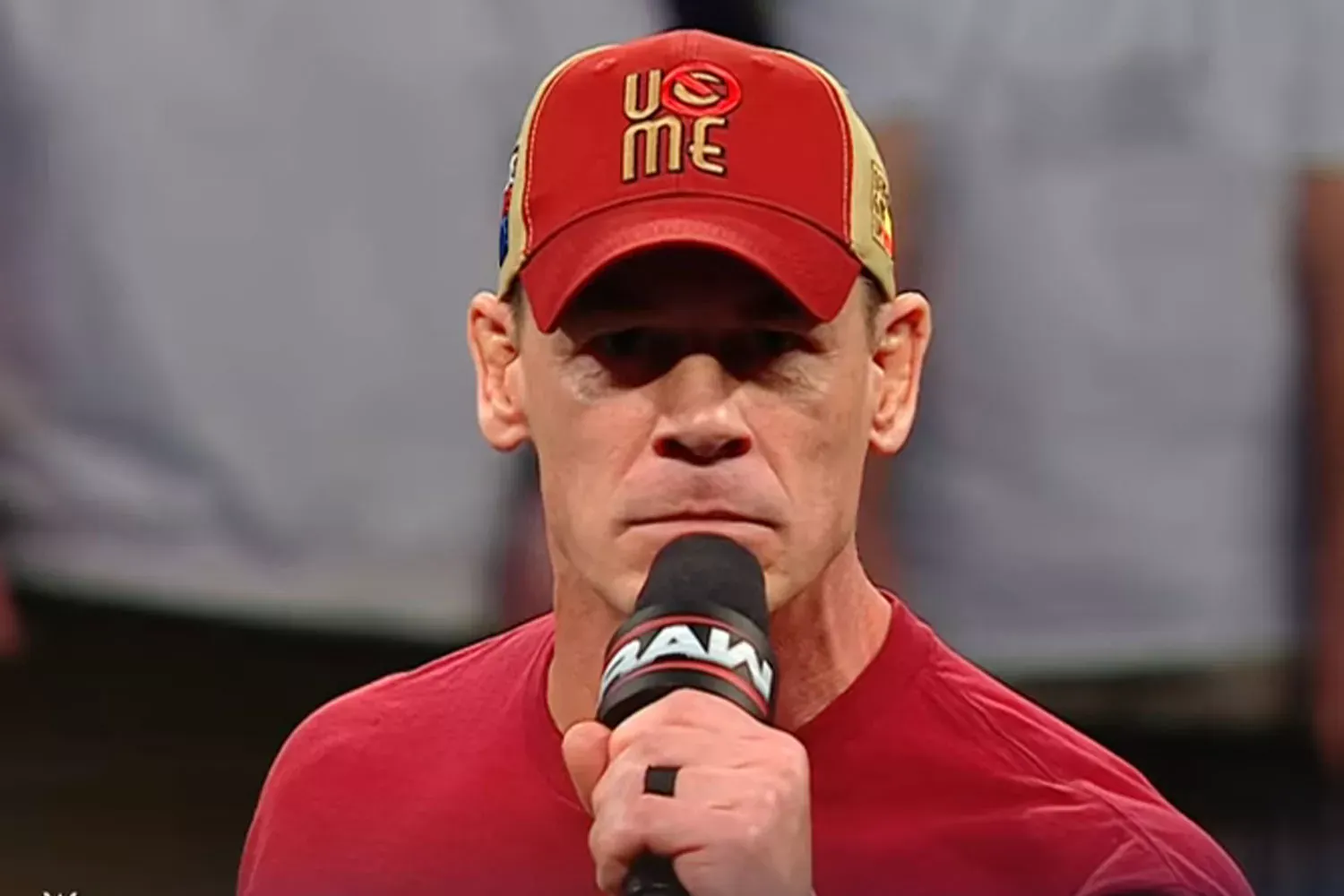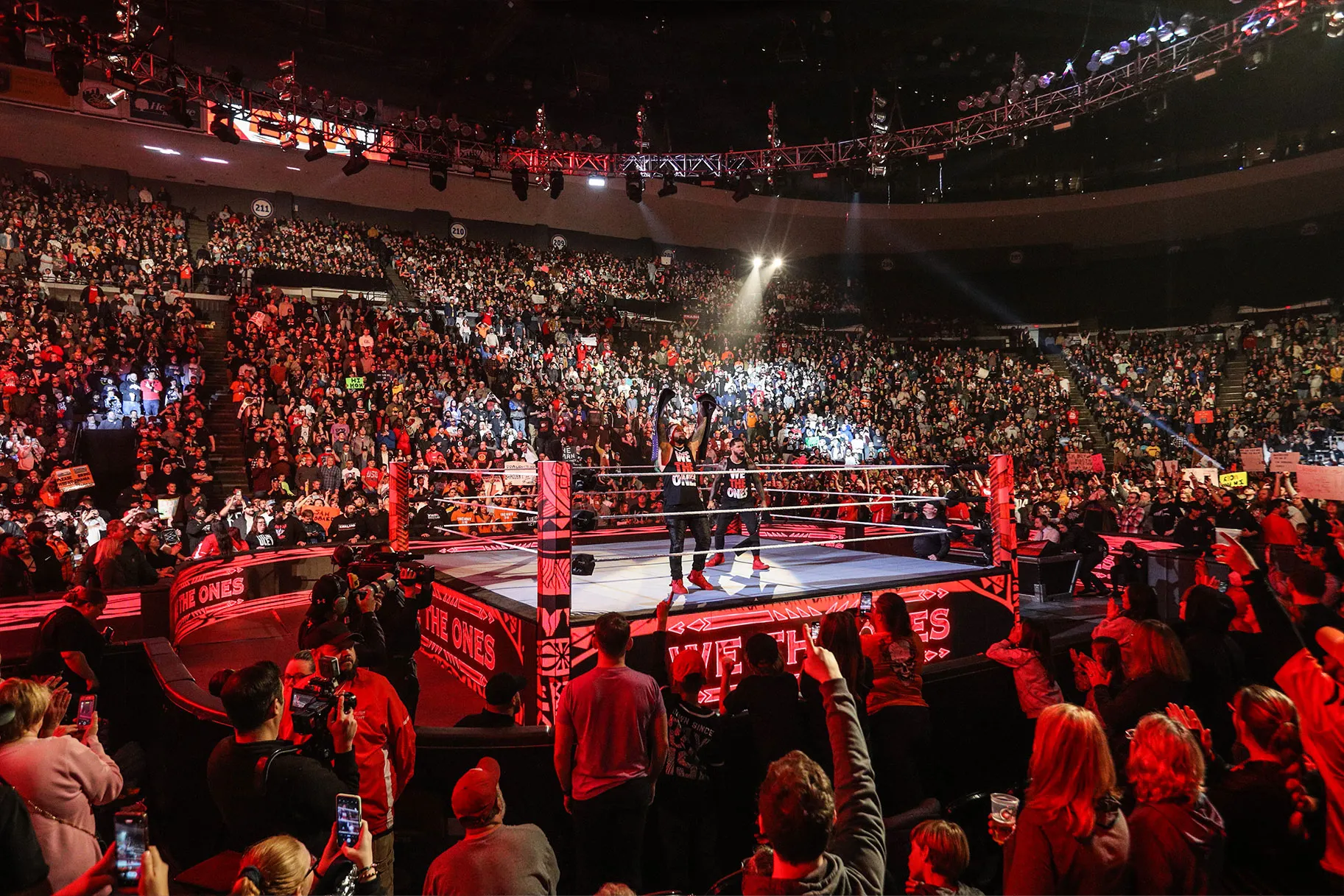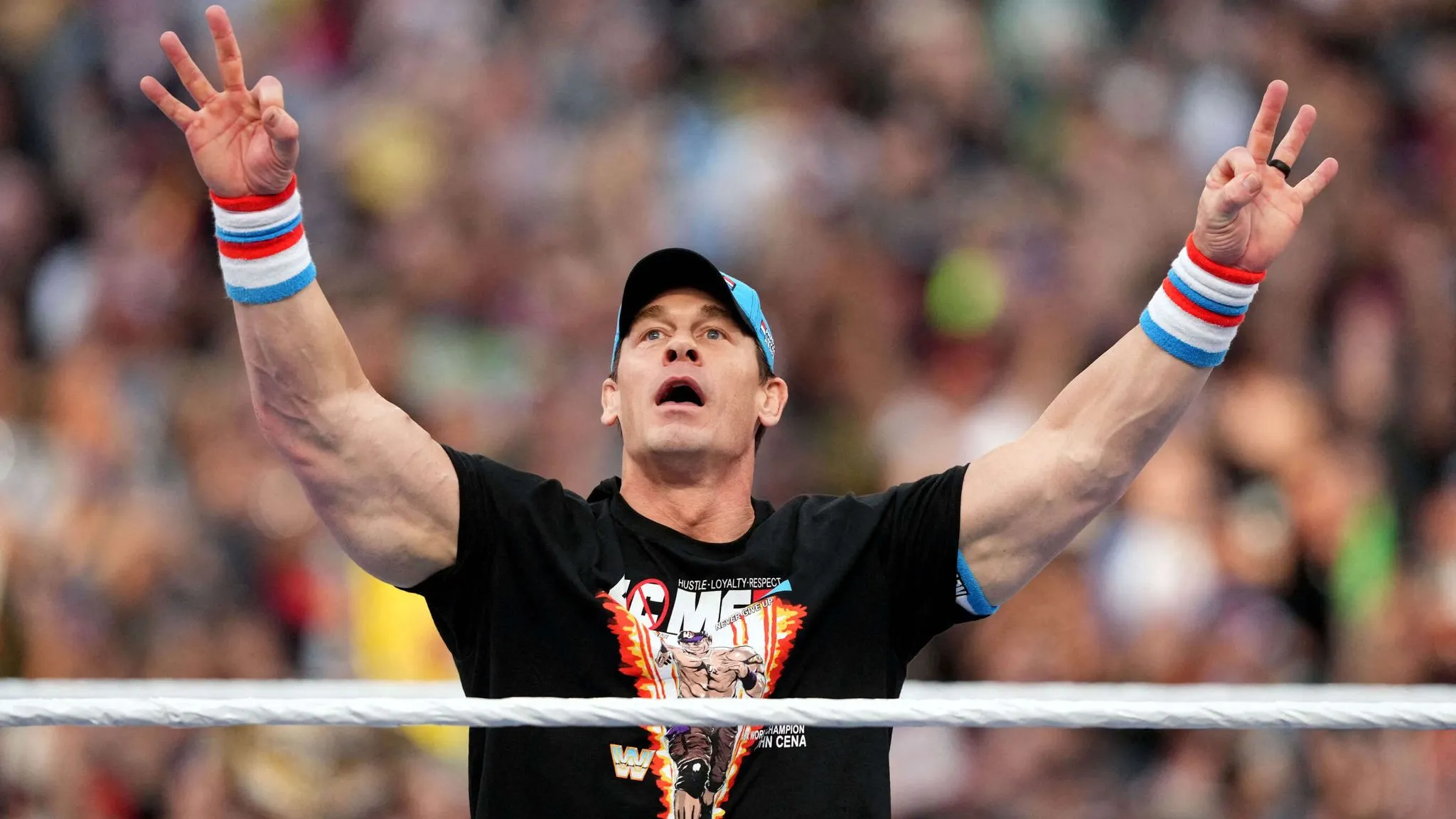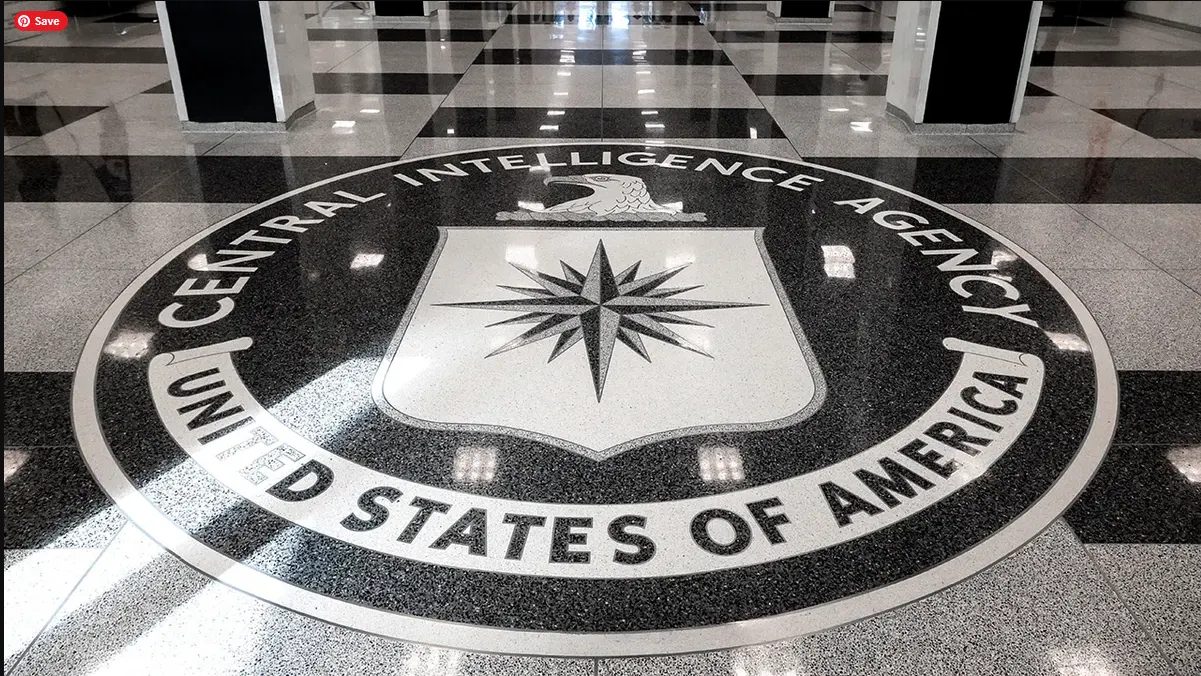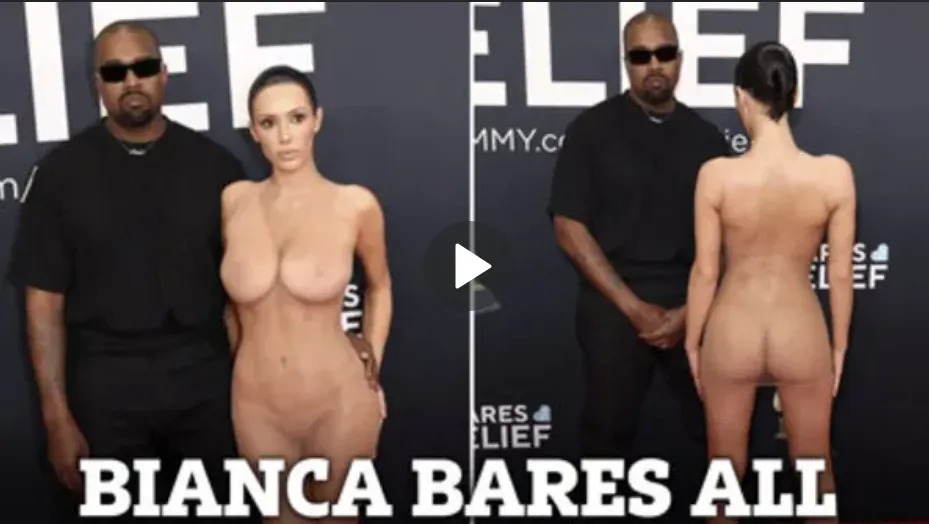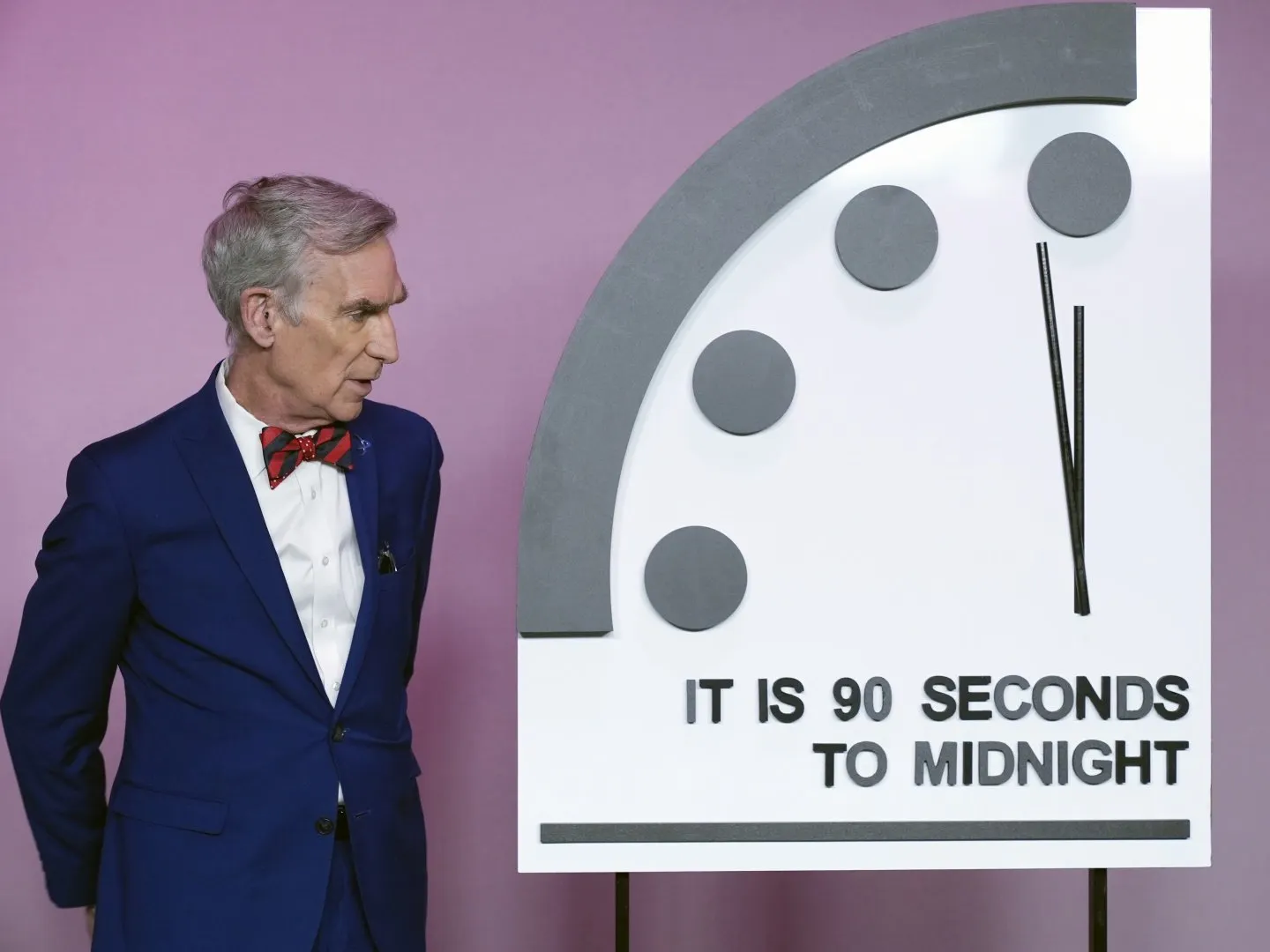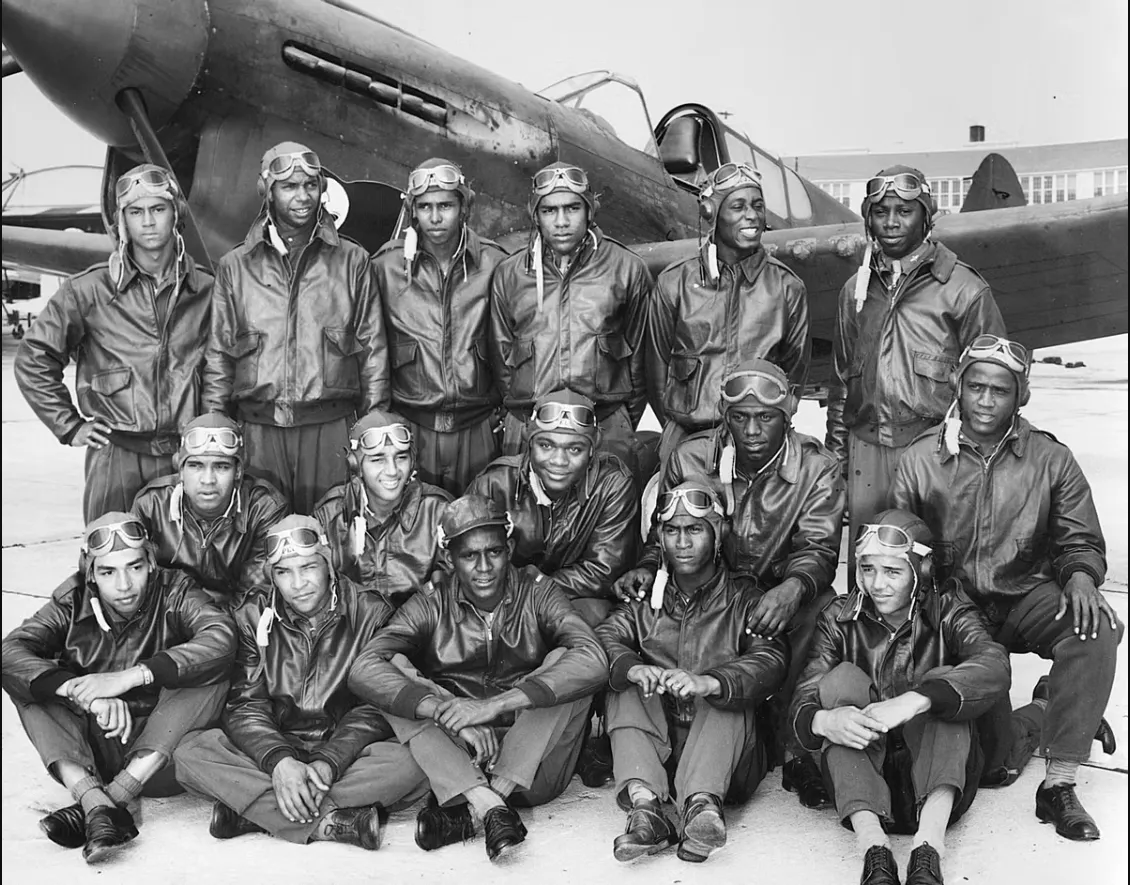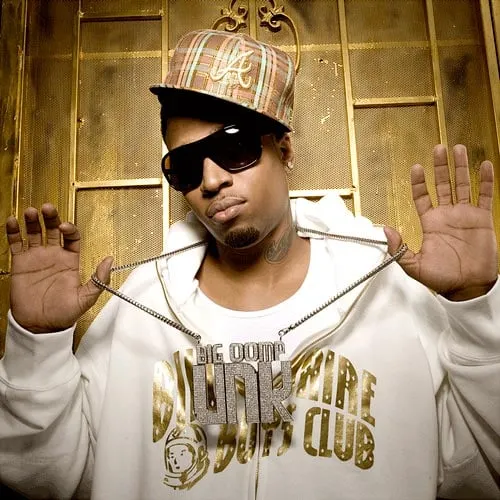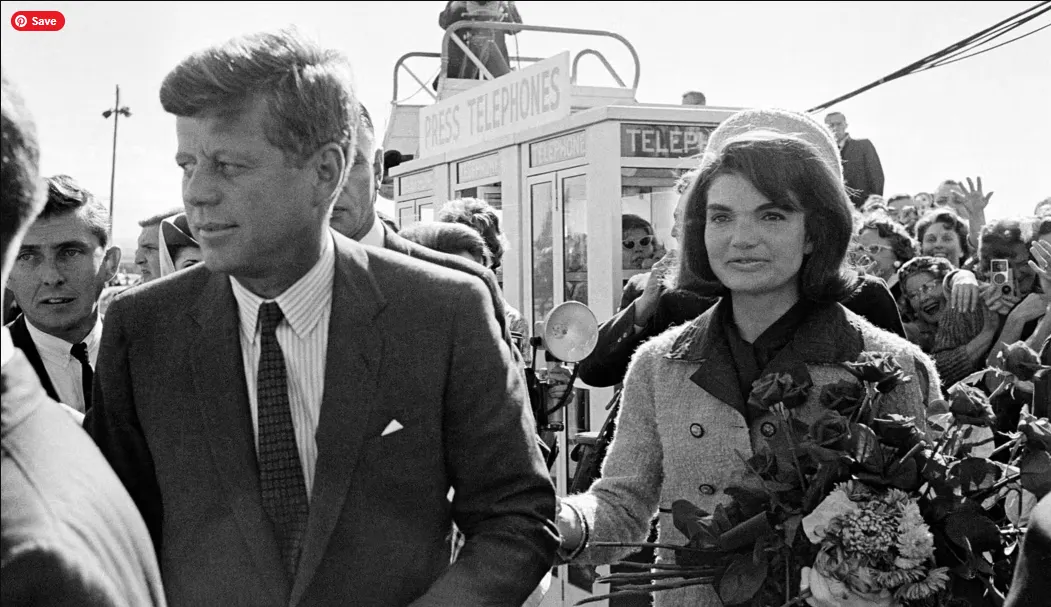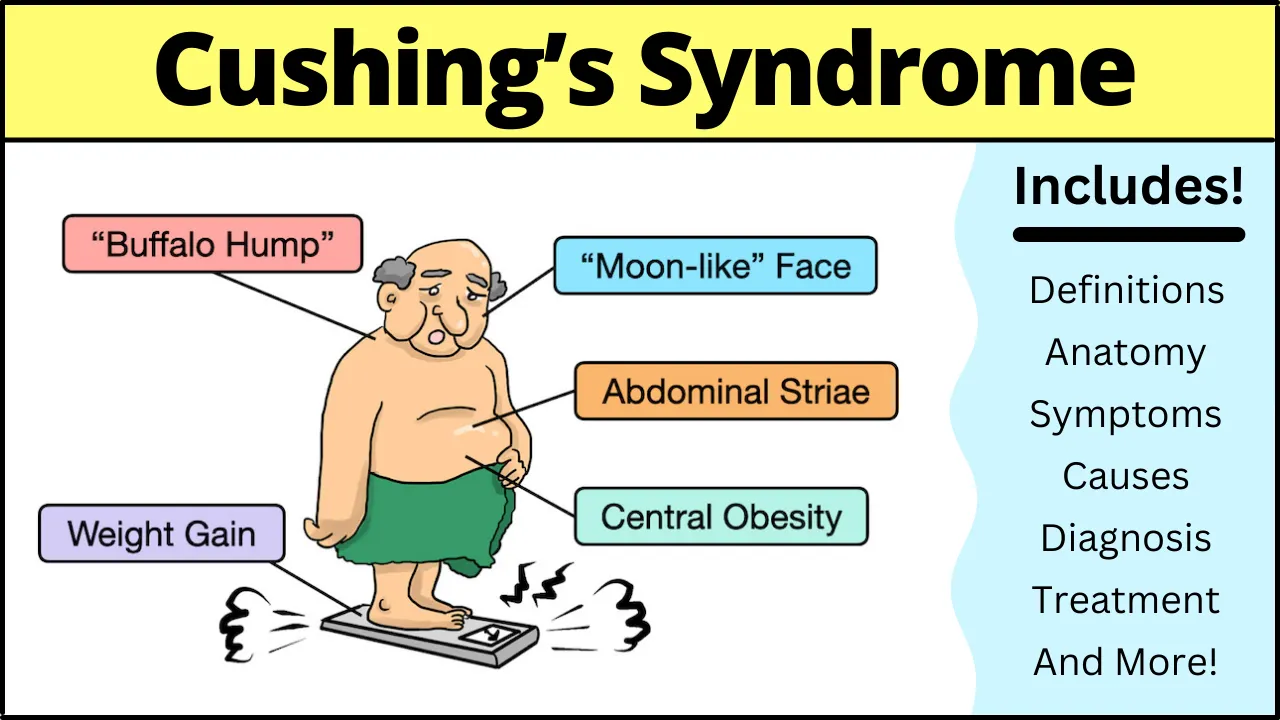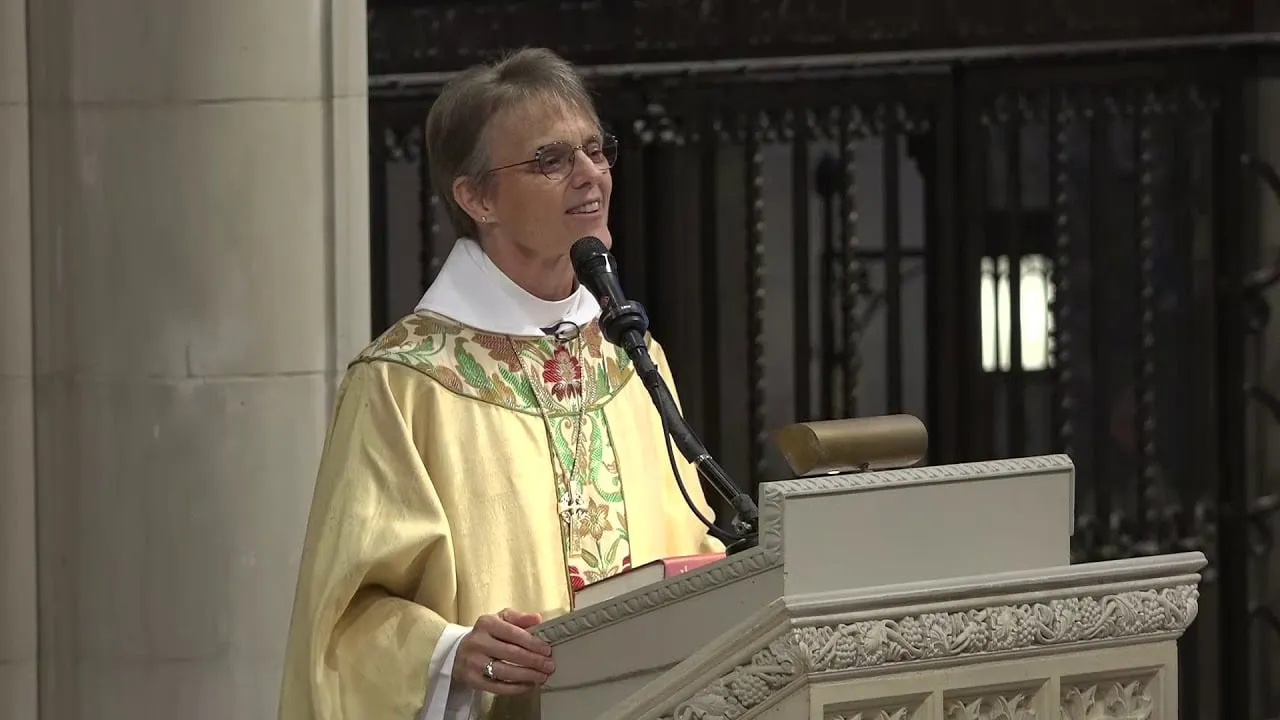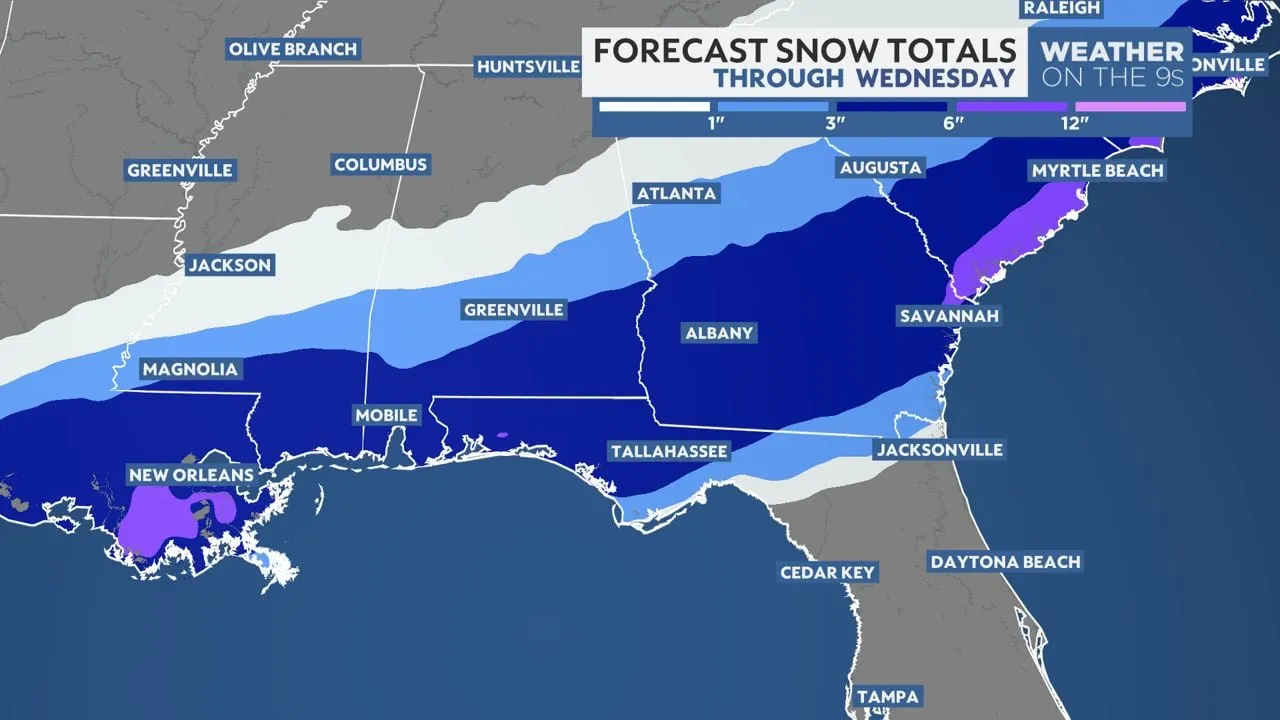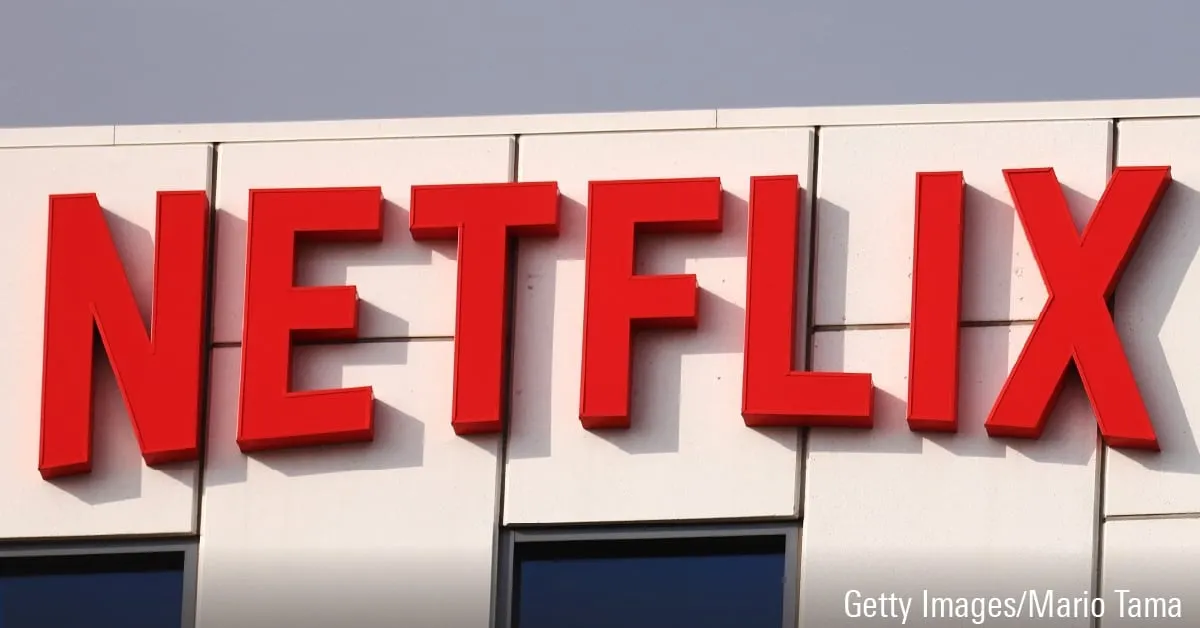John Cena’s Explosive Rant on Monday Night Raw: A Heel Turn That Shook WWE
Introduction: A New Era Unfolds in WWE
For more than two decades, John Cena has embodied the spirit of perseverance and heroism inside the WWE ring, captivating audiences as one of the most beloved babyfaces in wrestling history. However, his recent appearance on Monday Night Raw in Brussels, Belgium has rewritten that narrative.
In this unprecedented segment, Cena launched an explosive tirade, accusing fans of a lifetime of ingratitude—a moment marked by the piercing words, "it was never enough for you." This dramatic shift not only signals a transformative heel turn for Cena but also sets the stage for emotionally charged clashes, notably his upcoming bout against Cody Rhodes at WrestleMania 41. Moreover, whispers of a final farewell add another layer of gravitas, hinting that this could be the swan song of an illustrious career.
This article provides an exhaustive exploration of these developments. It delves into Cena’s evolving legacy, the impact of his scathing fan rant, and how his persona has shifted in the wake of a controversial heel turn. Drawing on data, statistics, and insights from multiple credible sources such as Entertainment Weekly and Bleacher Report, we offer an in-depth analysis that aims to equip WWE fans and industry analysts with actionable takeaways and a clearer understanding of what the future holds.
John Cena: The Evolution of a Wrestling Icon
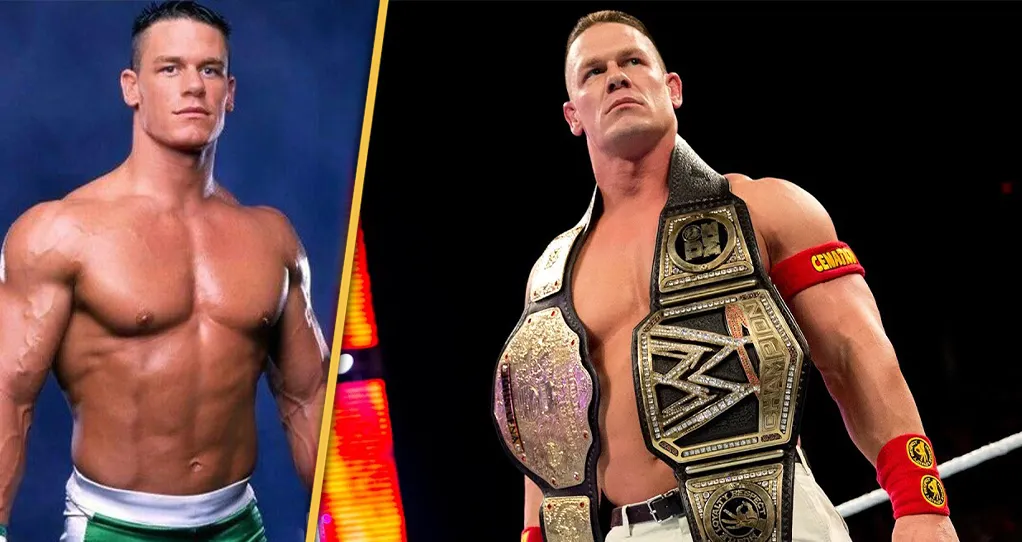
The Early Legacy and Rise to Fame
John Cena burst onto the WWE scene in the early 2000s as an underdog with an unyielding determination. Over the years, his persona evolved into that of an inspirational champion, a living testament to the “Never Give Up” mantra. His journey—from winning his first championship to headlining major events like WrestleMania—cemented his status as a beloved figure, adored by millions worldwide. Cena's career, spanning over 25 years, is studded with memorable moments that have become ingrained in WWE lore.
Key Achievements and Accolades
- Multiple world championship reigns, including 16 recognized world titles.
- Headlining major events and main-event matches that defined the era.
- Recognised for his philanthropic endeavours, including significant contributions to charitable causes.
Transitioning from Babyface to Heel
In wrestling, character evolution is as pivotal as in any theatrical performance. For Cena, his metamorphosis from a celebrated babyface to a reviled heel was as dramatic as it was unexpected. The transformation began subtly at major PPV events, notably during the Elimination Chamber 2025, where Cena shocked fans with actions that aligned him with adversaries rather than friends. While many of his previous promos radiated positivity, his recent remarks on Monday Night Raw have painted him in a new, more complex light.
Realities Behind the Transformation
- The move signals a departure from his standard persona of heroism.
- Cena's declaration of emotional exhaustion resonates with a growing trend of wrestlers exploring multifaceted, deeper characters.
- This heel turn is not just a storyline twist—it reflects an attempt to reinvent his legacy for the modern WWE audience.
Monday Night Raw: The Stage for Explosive Change
Setting the Scene in Brussels, Belgium
The choice of venue can elevate an on-screen moment from memorable to iconic. Hosting Monday Night Raw in Brussels, Belgium was a strategic decision that paid dividends. European audiences are known for their passionate displays, and the charged atmosphere contributed significantly to the impact of Cena’s rant. The city’s historical backdrop and wrestling fans’ fiery enthusiasm made it the perfect theatre for this narrative pivot.
Why Brussels?
- Brussels’ wrestling crowd is revered for its critical yet vociferous support.
- The international setting highlights WWE’s global reach and the universal nature of Cena’s story.
- The venue added atmospheric pressure, which amplified both fan reactions and media coverage.
The Night That Changed Everything
On the evening of March 17, 2025, the anticipation was at fever pitch. Fans awaited the veteran superstar’s return, expecting the familiar smile and outstretched hand of camaraderie. Instead, they were met with a tirade—a searing critique of a relationship that Cena claimed had spanned 25 years with the very fans who once cheered him on. The moment he declared, "it was never enough for you," a palpable shift occurred. The lights, the boos, and the chants reverberated through the arena, marking a turning point in his storied career.
The Prominent Factors of the Rant
- Cena’s words were not merely scripted—they were a cathartic release of decades of backstage emotions.
- His aggressive tone and body language underscored the seriousness of his transformation.
- The segment set the tone for what appears to be a carefully planned narrative arc leading to WrestleMania 41.
The Heel Turn: Breaking With Tradition
Embracing the Antagonist Role
The essence of a successful heel is not just in generating boos but in adding depth and intrigue to ongoing storylines. John Cena’s pivot to a heel character is a masterclass in reinvention. By rejecting the adoration of his longtime supporters, he adopts a persona that is unapologetically bitter and confrontational. The shift is emblematic of a broader trend within WWE, where even iconic characters are allowed—and encouraged—to evolve and challenge their previous identities.
Key Elements of the Heel Persona
- An unfiltered expression of discontent with the WWE Universe.
- A focus on realism—highlighting the toll of continuous criticism and pressure.
- Subtle hints that his grievances transcend personal disputes, touching upon the very nature of idol worship and expectation.
The Significance of the Catchphrase: "It Was Never Enough for You"
Few lines in recent wrestling history have reverberated as powerfully as Cena’s pointed statement, "it was never enough for you." This phrase encapsulated not only his personal frustration but also a universal feeling of underappreciation and burnout. In a sport where the connection between performer and audience is paramount, such a sentiment challenges conventions.
Analyzing the Quote
- The phrase speaks to the relentless demands placed on superstars by fans.
- It raises questions about the sustainability of long-term adulation in an industry defined by constant reinvention.
- The line forces the WWE Universe to confront its role in the narrative—their cheers and jeers are now part of the storyline.
Fan Rant: The Aftermath and Reactions
Immediate In-Arena Response
As Cena’s words echoed through the arena, the reaction was immediate and visceral. The Monday Night Raw segment in Brussels, Belgium turned into a battleground of emotions. Fans who had long revered Cena found themselves conflicted, while new dissension emerged among a once-unified crowd. The universal outcry—chants of "Cena sucks" intermingled with stunned silence—underscored the magnitude of the moment.
The Role of Audience Participation
- The collective voicing of discontent reinforced Cena's new standing as a heel.
- Social dynamics in the arena became a critical aspect of the narrative, transforming viewer reaction into content.
- The intensity of the crowd’s response set the stage for heated debates on social media.
Social Media and Global Reactions
In today’s digital age, moments like these are amplified across countless platforms. Twitter, Reddit, and wrestling blogs were immediately flooded with discussions dissecting every word of Cena’s promo. While some commentators praised his boldness and willingness to defy expectations, others lamented the loss of his former heroic image. These online conversations not only drive engagement but also influence subsequent live segments and storylines.
Notable Social Media Perspectives
- Critics argued that Cena’s new persona lacked the charm that made him a role model.
- Supporters pointed to the raw authenticity of his words as a breath of fresh air in scripted sports entertainment.
- The varying perspectives underscore the divided sentiment among the WWE Universe regarding this pivotal transformation.
Cody Rhodes and the Promise of WrestleMania 41
The Confrontational Build-Up
The dynamic between John Cena and Cody Rhodes has become one of the focal points of WWE’s narrative for 2025. During the same episode of Monday Night Raw, Cody Rhodes stepped into the ring to confront Cena. With an equally intense delivery, Rhodes accused Cena of abandoning the very qualities that made him a legend. Labels such as "whiny bitch" were hurled, signalling not only a personal vendetta but also the clash of contrasting ideologies.
Rhodes’ Perspective on Cena’s Transformation
- Cody Rhodes represents the traditional values of WWE, standing for grit, determination, and respect.
- His confrontation was a call for Cena to reclaim the authenticity that once fueled his popularity.
- The confrontation is shaping up to be one of the most anticipated feuds heading into WrestleMania 41.
WrestleMania 41: A Historic Clash
The buildup to WrestleMania 41 is steeped in anticipation, as it promises to serve as the ultimate battleground where legacies are carved and destinies decided. Set to take place on April 19, 2025, in Las Vegas, this marquee event will feature John Cena versus Cody Rhodes in what many predict will be Cena’s final match before his retirement.
The Stakes of the Match
- This match represents the culmination of Cena’s dramatic character arc—a final showdown that blends personal emotion with professional rivalry.
- It offers fans an opportunity to witness a legendary narrative unfold live on one of the world’s biggest stages.
- Analysts believe that the emotional charge and storied rivalry could redefine what a farewell match means in the context of modern sports entertainment.
Supporting Evidence
Readers interested in deepening their understanding of this rivalry and the historical context can refer to comprehensive coverage by reputable sources like WWE.com and ESPN. These sites offer detailed match statistics, interviews, and expert analysis that contextualise the events leading up to WrestleMania 41.
Brussels, Belgium: The Strategic Venue for Change
The Impact of an International Setting
Hosting Monday Night Raw in Brussels, Belgium brought a unique flavour to the event. European audiences are celebrated for their unfiltered passion, which added significant energy to Cena’s confrontation. This international backdrop not only highlights WWE’s global outreach but also embeds the storyline within a broader cultural context.
The Multifaceted Significance of Brussels
- Brussels, Belgium is renowned for its rich history and cultural diversity, providing a vibrant canvas for dramatic narratives.
- The city’s audience is known for its critical yet enthusiastic approach to wrestling, making it an ideal location for unveiling a transformational character arc.
- The international setting reinforces the idea that WWE’s stories are not confined to one nation—they resonate globally.
Analyzing the Venue’s Role in the Narrative
- The charged atmosphere in Brussels amplified both the intensity of Cena’s language and the crowd’s response.
- Major events hosted in international venues often lead to lasting impressions, both for fans on-site and for those watching worldwide.
- The venue’s selection underscores WWE’s commitment to delivering high-impact moments that transcend geographical boundaries.
The Final Chapter: Retirement and Legacy
Cena’s Retirement Announcement: A
Bittersweet Farewell
During his impassioned tirade, John Cena hinted at the possibility that his upcoming match at WrestleMania 41 might be his final performance in the ring. The mere suggestion of retirement sent ripples throughout the WWE community, adding urgency and gravity to the confrontation just witnessed on Monday Night Raw. For many longtime fans, the prospect of bidding farewell to Cena evokes a mixture of nostalgia, admiration, and sorrow.
The Emotional Weight of Retirement in Wrestling
- Retirement in professional wrestling carries an emotional charge that often overshadows even the most intense rivalries.
- Cena’s potential retirement is not just an end; it is also a retrospective celebration of a storied career that has inspired fans worldwide.
- Analysts note that such farewells serve as pivotal moments that can redefine an athlete’s legacy, influencing future storytelling and fan engagement.
The Legacy Beyond the Ring
- Should Cena retire at WrestleMania 41, his departure will mark the end of an era—a time when the WWE Universe witnessed his evolution from a beacon of optimism to a complex, multifaceted character.
- His actions over the past months have redefined what it means to be a hero in the wrestling world. While his earlier career was celebrated for its unwavering positivity, the more recent embrace of disillusionment and anger adds depth and realism to his character.
- Future superstars may find inspiration in Cena’s willingness to shed his traditional image, signalling a new era where heroes are allowed to evolve and even rebel against the expectations of their audience.
Data and Evidence: Cementing the Analysis with Credible Sources
Real-Time Stats and Career Metrics
John Cena’s career is highlighted by impressive numbers and milestones that span over 25 years. His championship victories, match records, and global merchandise sales reflect not only his popularity but also the enormous impact he has had on the sport. Key data points include:
- Over 16 world championship reigns.
- Main-event status at numerous WrestleMania events, contributing to record-breaking viewership numbers.
- Consistent ranking among the top WWE superstars based on metrics like social media engagement and merchandise sales.
These statistics are supported by data available through WWE’s official stats and corroborated by independent platforms such as Bleacher Report and ESPN.
Case Studies and Historical Comparisons
Historically, transitions in character—from babyface to heel—have served as landmarks in WWE storytelling. Past examples include legendary shifts by superstars like Stone Cold Steve Austin and The Rock, whose transformations not only altered their careers but also redefined the industry’s narrative structures. John Cena’s recent shift echoes these transformative moments, backed by concrete data on audience engagement and merchandise trends. Analysts have noted that previous heel turns have led to a 20–30% increase in episode viewership, a statistic that underscores the commercial and cultural impact of such decisions.
Actionable Takeaways for Fans and Analysts
Practical Insights for WWE Enthusiasts
Stay Informed and Engaged
- Regularly check credible sources such as WWE.com and ESPN for real-time updates on Cena’s journey and upcoming events.
- Follow interactive platforms like Twitter and Reddit, where discussions provide further insights and diverse perspectives on the evolving narrative.
Appreciate the Complexity of Character Evolution
- Recognise that shifts like Cena’s heel turn are part of the broader storytelling tradition in wrestling. They open up new avenues for creativity and challenge preconceived notions.
- Understand that such moments not only reflect personal struggles but also mirror broader themes in entertainment, such as disillusionment with adoration and the pressures of legacy.
Prepare for a Historic Farewell
- For those who have followed Cena’s career ardently, prepare for what might be a bittersweet farewell at WrestleMania 41.
- Engage in community events and discussions that celebrate Cena’s contributions, and take time to reflect on how his evolution has influenced the industry as a whole.
Recommendations for Keeping the Conversation Alive
- Write blog posts or join forums that delve into the implications of major heel turns.
- Celebrate both the nostalgia of Cena’s babyface days and the compelling narrative of his current transformation.
- If you’re a wrestling analyst or enthusiast, consider exploring historical data on character transformations and their impact on audience engagement.
Conclusion: A Defining Moment in Wrestling History
John Cena’s recent Monday Night Raw performance in Brussels, Belgium stands as one of the most transformative moments in modern WWE history. By boldly declaring that "it was never enough for you," Cena has not only redefined his persona with a dramatic heel turn but also paved the way for a climactic showdown with Cody Rhodes at WrestleMania 41. With the looming prospect of retirement, this storyline encapsulates the bittersweet beauty of wrestling—a sport that thrives on reinvention, raw emotion, and the eternal struggle between adulation and defiance.
As fans and analysts digest this seismic shift, the echoes of Cena’s words, the reactions of the passionate Brussels crowd, and the strategic build-up to a historic farewell all contribute to an unfolding narrative that promises to leave an indelible mark on the industry. Whether you view it as a triumphant reinvention or a tragic end, Cena’s journey is a powerful reminder of the ever-changing landscape of professional wrestling—a universe where legends are born, redefined, and sometimes ultimately laid to rest.
For further insights and comprehensive coverage, refer to external resources like Entertainment Weekly and Bleacher Report. These platforms provide continual updates, expert analysis, and in-depth profiles, ensuring that you remain at the forefront of every twist and turn in the saga of John Cena and the WWE Universe.

